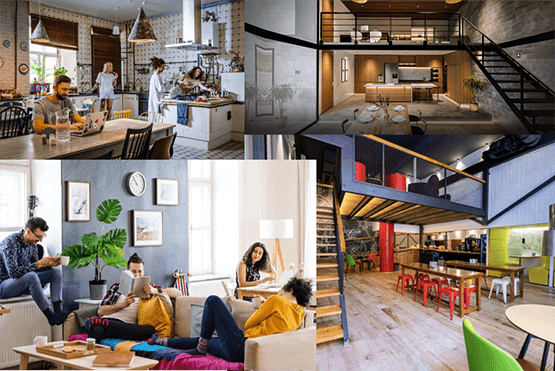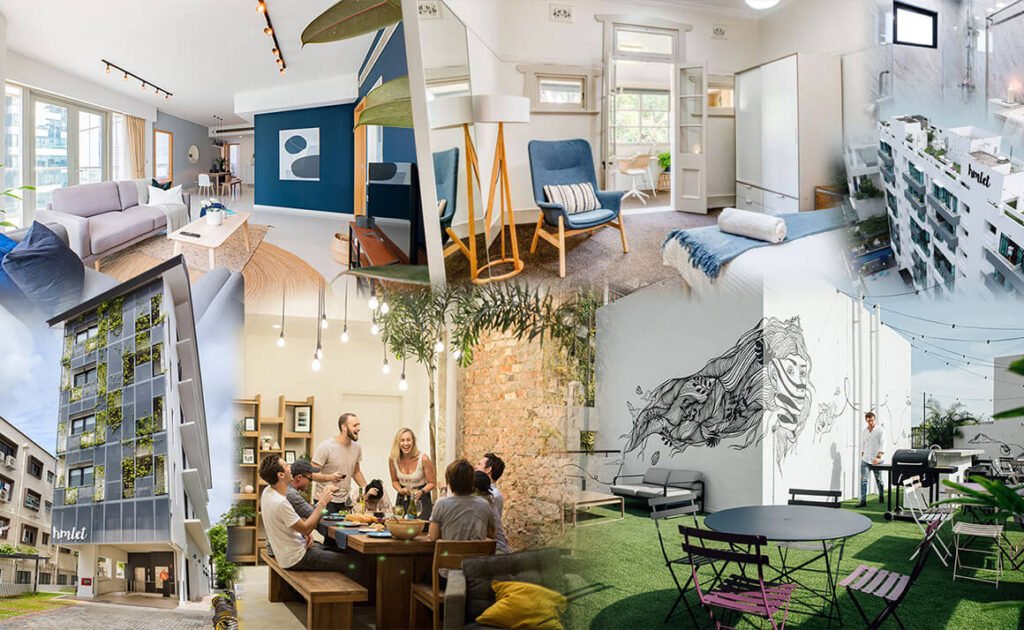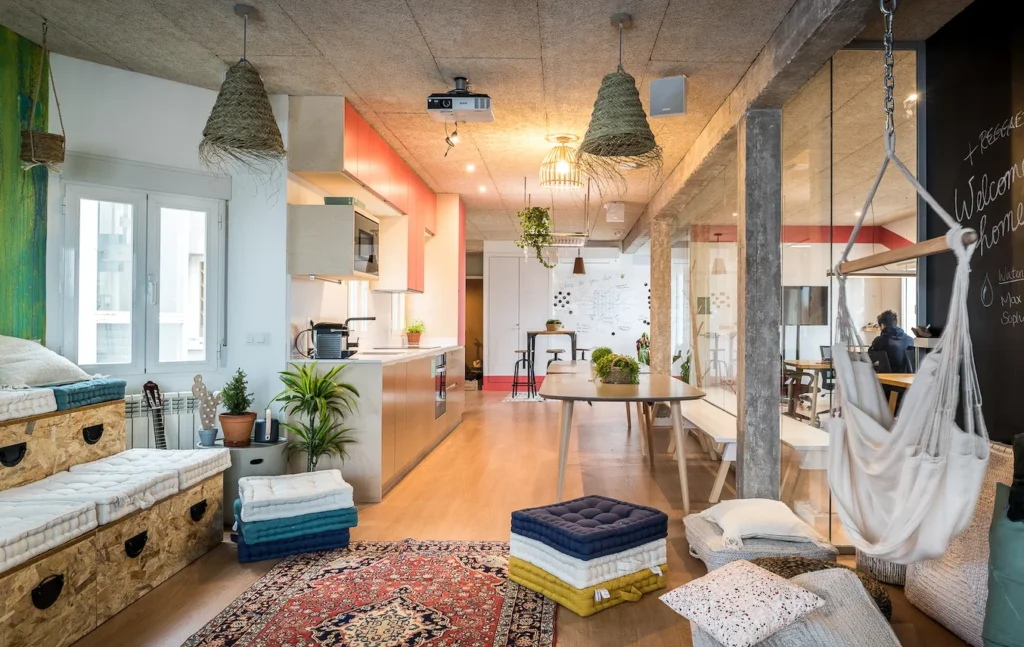
Dubai’s skyline isn’t just growing—it’s evolving. Beyond its luxury towers and waterfront villas, a new trend is reshaping how residents experience the city: co-living communities. These are purpose-built spaces where people live, work, and socialize under one roof. Designed for affordability, convenience, and community, they’re redefining what modern renting means.
In a city known for its fast pace and cosmopolitan vibe, co-living answers the need for flexibility and connection. It’s especially appealing to young professionals, entrepreneurs, and digital nomads who want to enjoy Dubai’s lifestyle without the high costs of traditional housing.
Rising rental prices have driven residents to look for smarter living options. Co-living allows tenants to enjoy well-designed private rooms with shared kitchens, lounges, and amenities—all while paying significantly less than they would for a standalone apartment.
Beyond affordability, the attraction lies in community living. Tenants share not only spaces but experiences—movie nights, networking sessions, fitness classes, and cultural events. For many, these interactions replace the isolation often felt in big cities.
In traditional rentals, tenants face large upfront costs—deposits, agent fees, and utility setups. Co-living, by contrast, simplifies the process. Most spaces include utilities, Wi-Fi, and maintenance in one monthly fee.
For example, a private room in a co-living space might cost AED 4,000–6,000 per month—much less than a one-bedroom apartment in central Dubai, which can reach AED 10,000 or more. The financial relief is significant, especially for those just starting their careers or freelancers managing variable income.

Certain neighborhoods have embraced the co-living trend faster than others.
1. Business Bay: Central, stylish, and filled with young professionals. Many co-living developments here feature rooftop pools, gyms, and collaborative workspaces.
2. Jumeirah Village Circle (JVC): Known for affordability and access to key highways, JVC offers peaceful surroundings and budget-friendly co-living options.
3. Dubai Marina: Perfect for those who want lifestyle and luxury. While pricier, co-living in the Marina combines sea views with social living.
4. Al Barsha and Deira: Great for budget-conscious residents who value proximity to public transport and essential services.
Modern co-living developments are designed with comfort in mind. Private rooms come fully furnished with en-suite bathrooms, while shared spaces feature open kitchens, lounges, and sometimes even mini theatres.
Common facilities often include:
In short, tenants get a hotel-style experience for a fraction of the cost.
One of the biggest advantages of co-living is lease flexibility. Traditional apartments require 12-month contracts, while most co-living spaces offer monthly or quarterly options. This appeals to freelancers, expats new to Dubai, or anyone uncertain about long-term plans.
This flexibility also extends to furniture, bills, and maintenance. Residents can move in with just a suitcase—everything else is taken care of.
Dubai’s global appeal attracts thousands of newcomers every year. For those who don’t want to navigate complex rental agreements or buy furniture, co-living is the perfect entry point.
Expats find comfort in moving into ready-to-live homes where they instantly meet like-minded individuals. Many co-living spaces curate communities with shared interests—tech professionals, artists, or entrepreneurs—creating meaningful connections from day one.
Co-living isn’t only about saving money—it’s about building relationships. Many communities host regular social events such as rooftop barbecues, movie nights, and wellness sessions. These gatherings foster genuine friendships and a sense of belonging in a city where people come from all over the world.
For newcomers, these social circles often become their first support network in Dubai.
While co-living offers countless advantages, it may not suit everyone. Shared kitchens and lounges require cooperation, and privacy can sometimes be limited. Noise levels, differences in cleanliness, or lifestyle habits might cause friction.
Choosing the right community is essential. Prospective tenants should visit in person, understand house rules, and assess how well the environment aligns with their lifestyle.
As Dubai continues attracting a diverse, global workforce, the co-living concept will only grow stronger. Developers are already experimenting with smart home features, sustainability, and integrated coworking models.

By 2026, analysts predict co-living will form a significant portion of Dubai’s rental ecosystem, offering affordable and socially engaging housing alternatives for thousands of residents.
Co-living communities are more than a trend—they’re a lifestyle revolution. In a city known for luxury and ambition, they provide something equally valuable: connection and convenience at an affordable price.
For those seeking flexibility, affordability, and a sense of community, co-living is not just a smart housing choice—it’s the future of urban living in Dubai.
Do Follow Estate Magazine on Instagram
